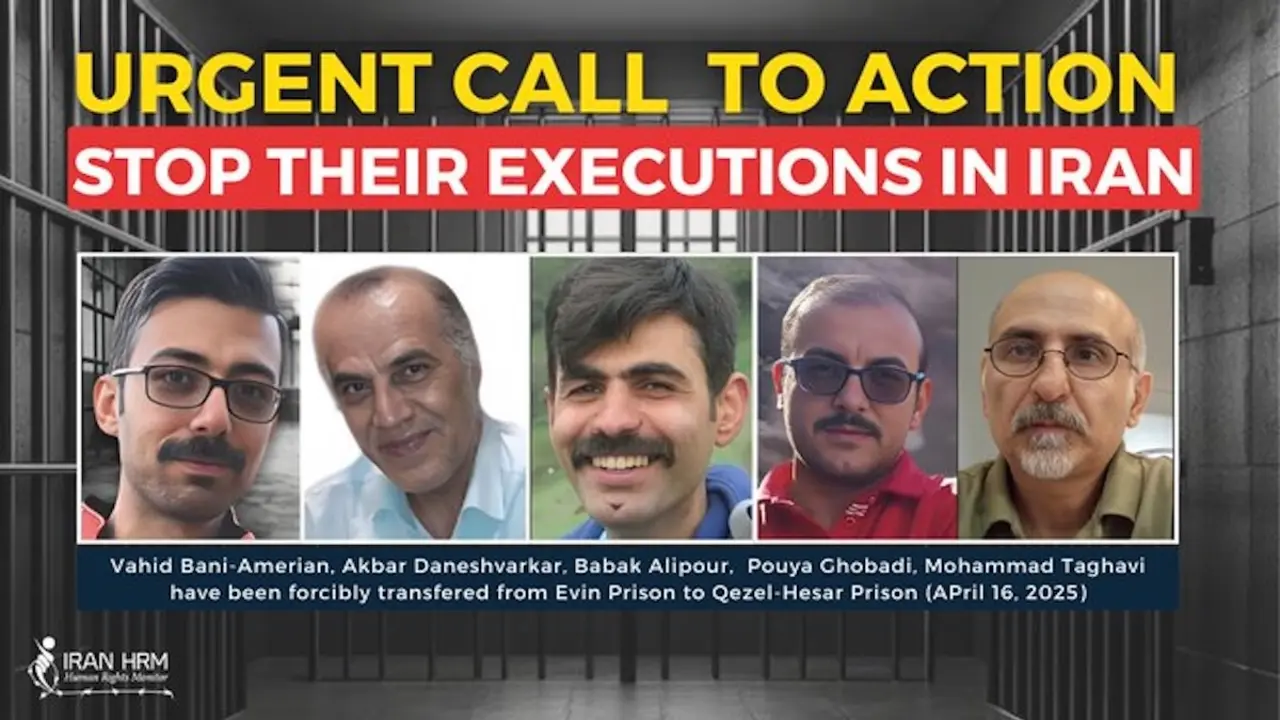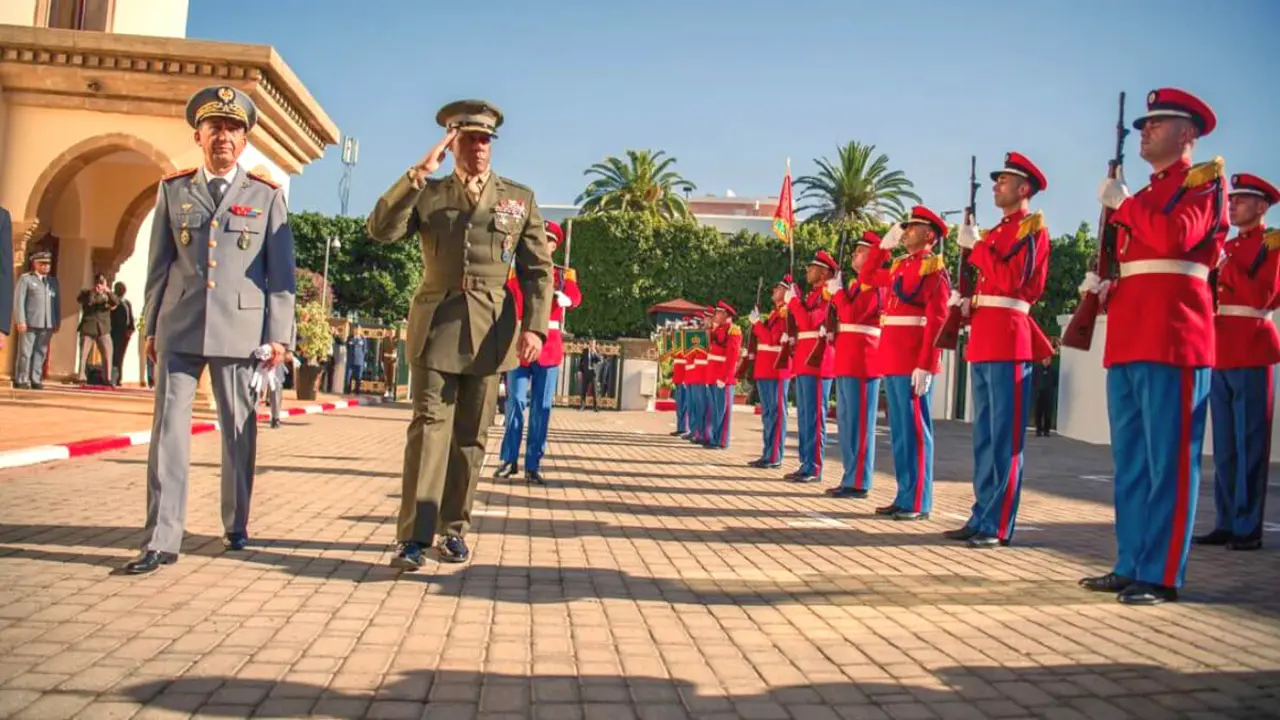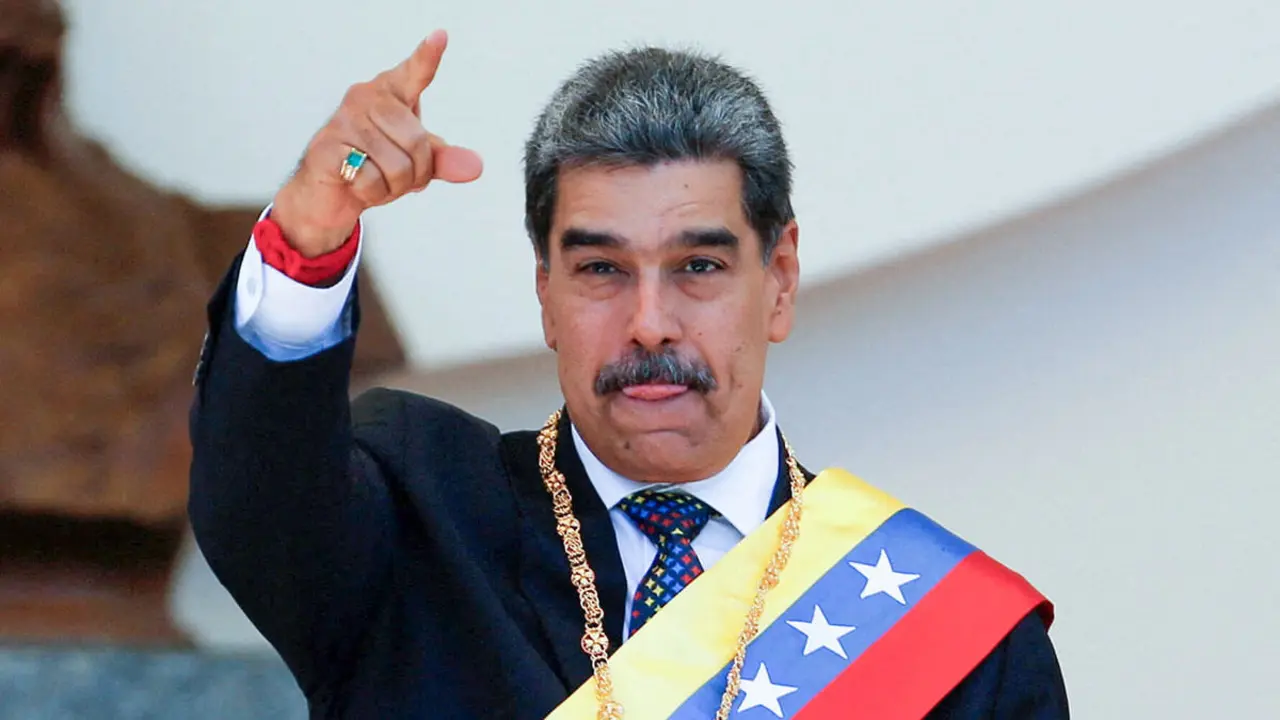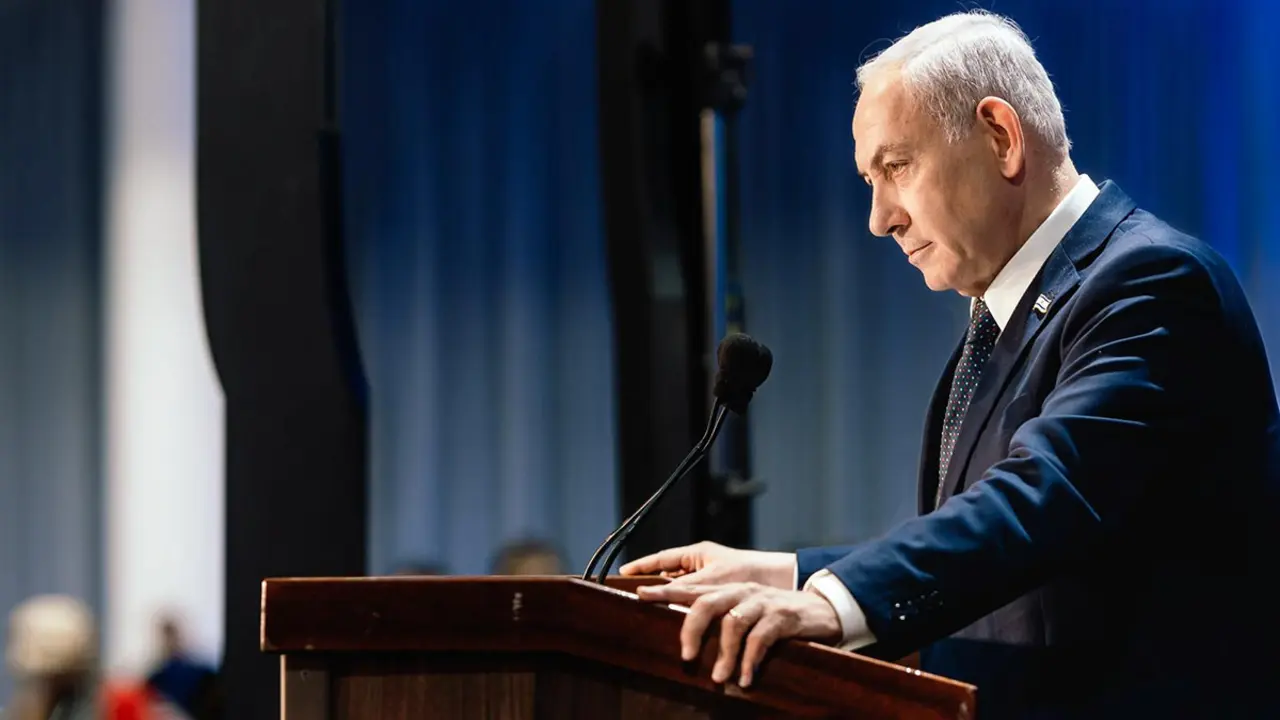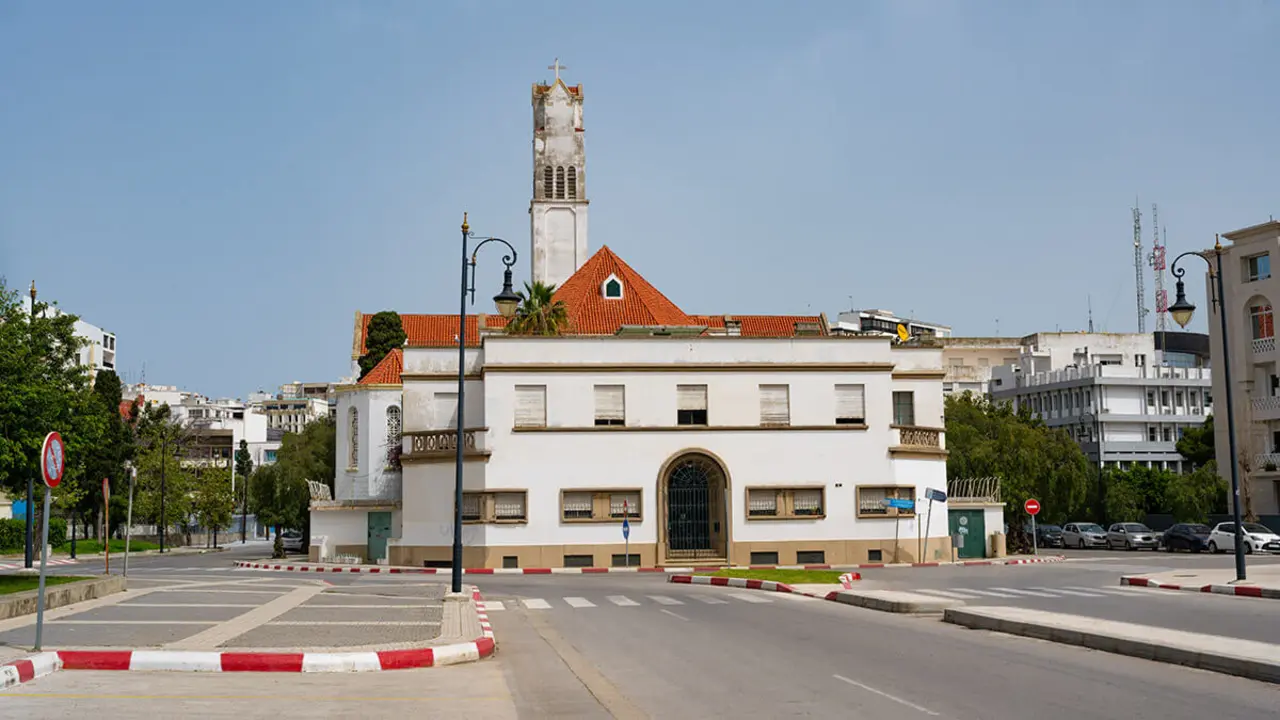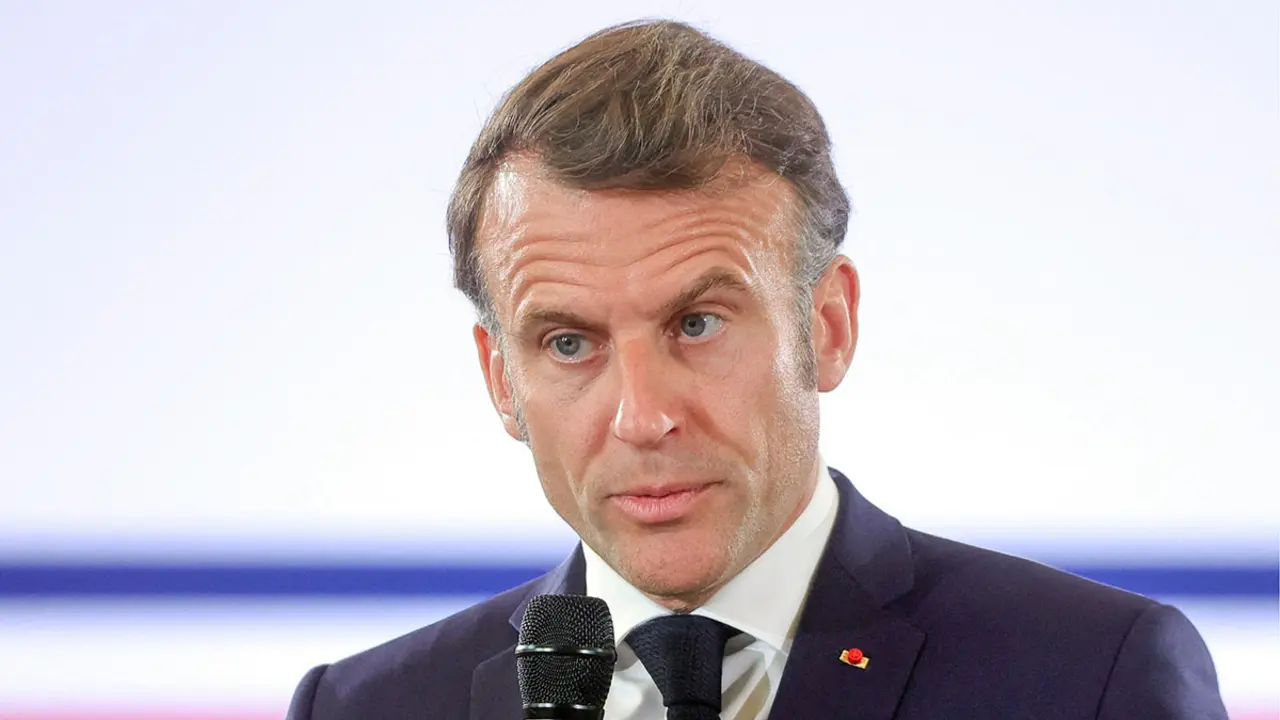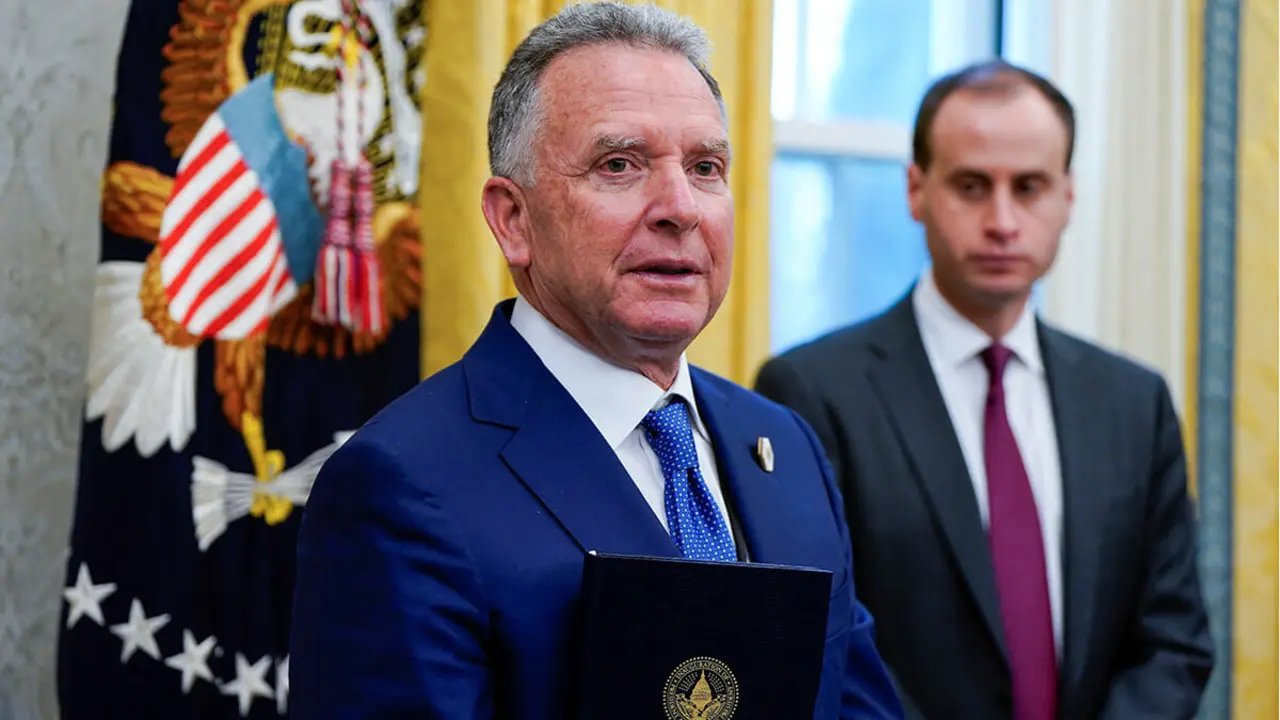Saudi Arabia and Kuwait discuss how to exploit the Neutral Zone
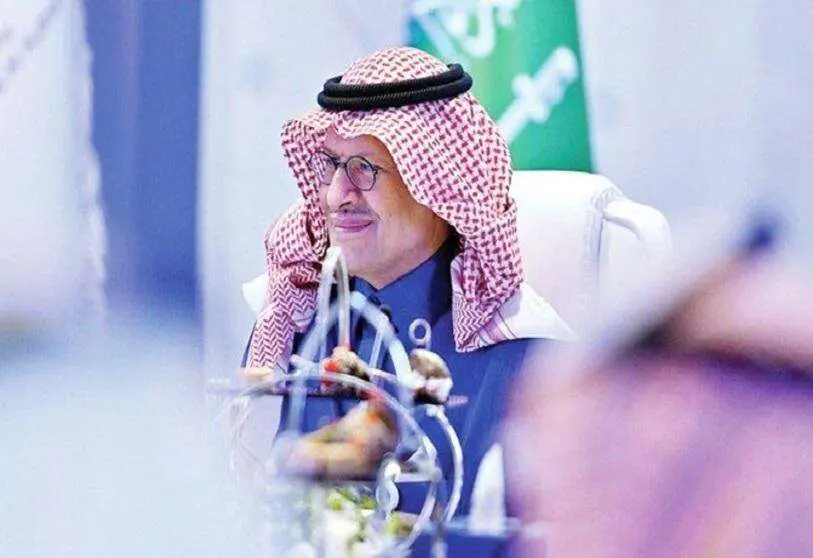
The Neutral Zone is a territory located right on the border between Saudi Arabia and Kuwait, and thanks to the resources it possesses, both countries have jointly exploited it for their own benefit. Now, due to the tension and crisis in the world over the war in Ukraine, both nations are considering how to improve production in this area.
A few days ago, officials from the two countries met at the joint operations headquarters in the Wafra camp of the Neutral Zone. There, they discussed how to improve oil production and look for new ways and sources to harvest oil and natural gas. The event was attended by Nimr Fah al-Malik al-Sabah, undersecretary of Kuwait's Ministry of Petroleum, along with his Saudi counterpart, Muhammad al-Brahim, Deputy Minister of Energy.
"Saudi and Kuwaiti officials from the Neutral Zone met on 3 July to discuss ways to develop and exploit natural resources in the divided region," Kuwait's State News Agency reported a statement from the country's oil ministry as quoted by Atalayar.

The Neutral Zone is operated by both land and sea by both regions. Saudi Arabia's Aramco Gulf Operations Co. in conjunction with Kuwait Gulf Oil Co. operate onshore in the offshore Al-Khajfi field. Onshore, in the Wafra field, the same Kuwaiti company and Chevron, which specialises in natural resource extraction, are working together.
According to the media, both countries are concerned about global developments and are looking for new sources of oil and natural gas. Kuna claims that EU sanctions against Russia will be further intensified, and as a result the flow of oil will be reduced and, therefore, the world's supply will decrease.
In view of this, both countries have decided to act as soon as possible, as this reduction in imports is expected by the end of the year. In addition, they point out that demand for the products has already increased throughout the northern hemisphere and even more so now in the summer when these energies are needed to run household appliances to combat the high temperatures in these regions.
The Neutral Zone has been co-managed since 1970 by Saudi Arabia and Kuwait. Since that year, the two countries have signed an agreement allowing them to share equally in the gas and oil produced in this border region. Due to a political dispute and a moment of tension, the area was inoperative for more than four years until both parties decided in 2019 to settle their differences. As a result, production resumed in 2020.
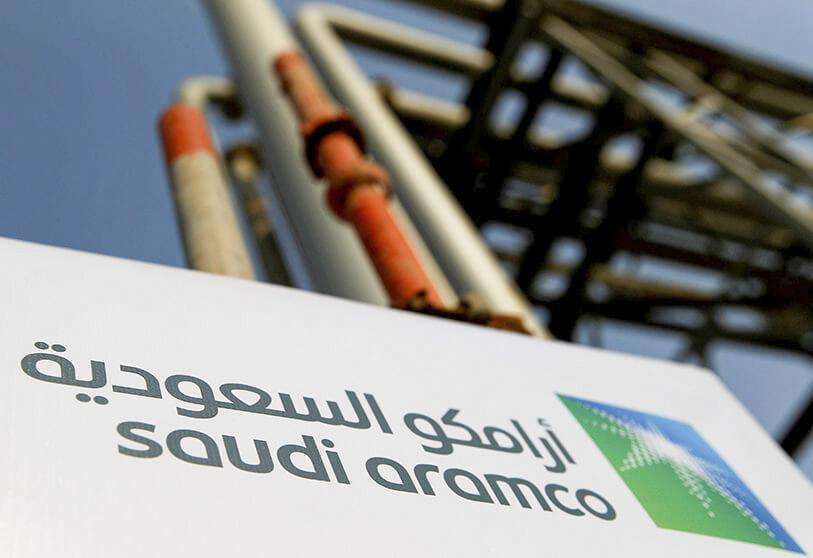
Consequences of war
The Russian invasion is affecting every country on the planet. Western sanctions and blockades against Russia are leading to a duel to see who wins the battle, and this is affecting everyone. In the same way, the fact that the conflict is not yet over is also having severe consequences, because the prices of basic commodities and of petrol and electricity are getting higher and higher. As a result, there is growing concern that this will hurt the global economy and inflation in the international market.
Middle Eastern countries could be the solution to global shortages
Every nation in the world is already looking for ways to replace Russian oil and gas. Many of them have already turned to renewable energy, but others still have to keep buying gas and oil to run their countries.
Now, US President Joe Biden is travelling to Saudi Arabia in search of new energy partnerships. There, he will meet with Gulf leaders at a summit and many international media and observers claim that the US president has Saudi Arabia and the United Arab Emirates in his sights. According to various publications, these two countries are the only oil producers with the capacity to increase production quickly and avoid a global shortage, so Biden seems to be interested in what these nations can offer in the event that the situation with Russia worsens further.

